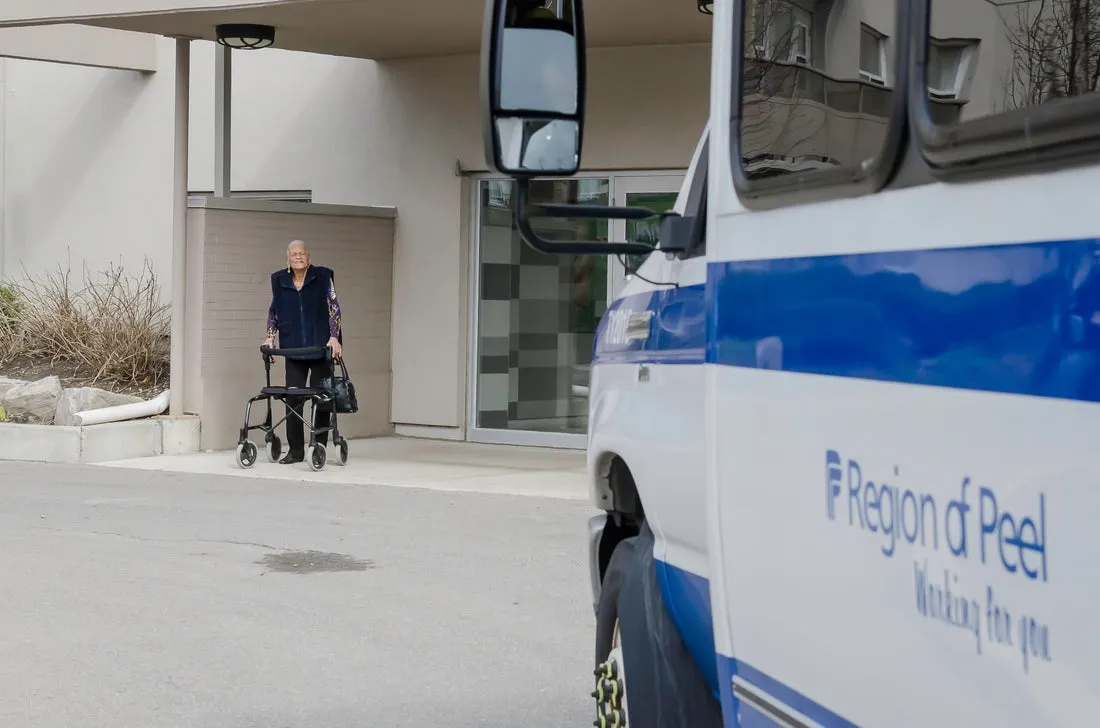Manufacturer of zero-emission heavy-duty vehicles Proterra has announced that Greensboro Transit Authority (GTA) will purchase four of its electric buses this fall as part of a joint effort to minimize emissions, reduce traffic congestion and accelerate sustainable infrastructure development. The 40-foot Proterra buses will replace retiring fossil fuel buses and are designed with the intention of eliminating more than 1.2 million lbs of greenhouse gas (GHG) emissions. Over their 12-year lifespan, the
November 15, 2017
Read time: 2 mins
Manufacturer of zero-emission heavy-duty vehicles Proterra has announced that Greensboro Transit Authority (GTA) will purchase four of its electric buses this fall as part of a joint effort to minimize emissions, reduce traffic congestion and accelerate sustainable infrastructure development.
The 40-foot Proterra buses will replace retiring fossil fuel buses and are designed with the intention of eliminating more than 1.2 million lbs of greenhouse gas (GHG) emissions. Over their 12-year lifespan, the Proterra buses are estimated to create maintenance and operation cost savings of over $1.7 million (£1.2 million).
GTA has a five-year contract with Proterra and expects to purchase additional buses as it works to replace its full fleet.
Adam Fischer, director of the Greensboro Department of Transportation, said: "At GTA, we want to offer our riders the opportunity to make sustainable choices through public transit. These new battery-electric Proterra buses will not only provide an environmentally-friendly service to our customers, they'll also exemplify GTA's commitment to eco-conscious infrastructure adoption and to strong fiscal responsibility, Providing the community with the best service possible, and doing so in a way that benefits our residents and the environment, is at the core of GTA. As we move forward with the Mobility Greensboro 2040 plan, cutting back on emissions levels and laying the foundation for sustainable urban ecosystems will be key to the future of our Greensboro transportation system. That's why we're more than excited to officially deploy our new electric buses in the coming year."
The 40-foot Proterra buses will replace retiring fossil fuel buses and are designed with the intention of eliminating more than 1.2 million lbs of greenhouse gas (GHG) emissions. Over their 12-year lifespan, the Proterra buses are estimated to create maintenance and operation cost savings of over $1.7 million (£1.2 million).
GTA has a five-year contract with Proterra and expects to purchase additional buses as it works to replace its full fleet.
Adam Fischer, director of the Greensboro Department of Transportation, said: "At GTA, we want to offer our riders the opportunity to make sustainable choices through public transit. These new battery-electric Proterra buses will not only provide an environmentally-friendly service to our customers, they'll also exemplify GTA's commitment to eco-conscious infrastructure adoption and to strong fiscal responsibility, Providing the community with the best service possible, and doing so in a way that benefits our residents and the environment, is at the core of GTA. As we move forward with the Mobility Greensboro 2040 plan, cutting back on emissions levels and laying the foundation for sustainable urban ecosystems will be key to the future of our Greensboro transportation system. That's why we're more than excited to officially deploy our new electric buses in the coming year."








